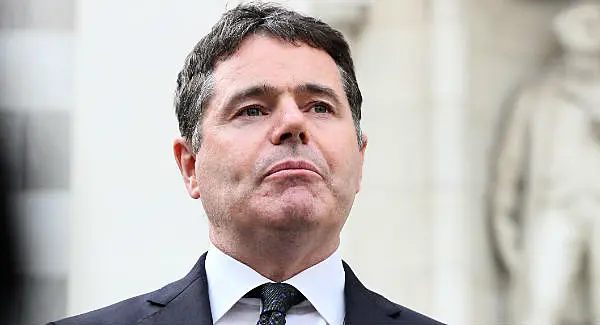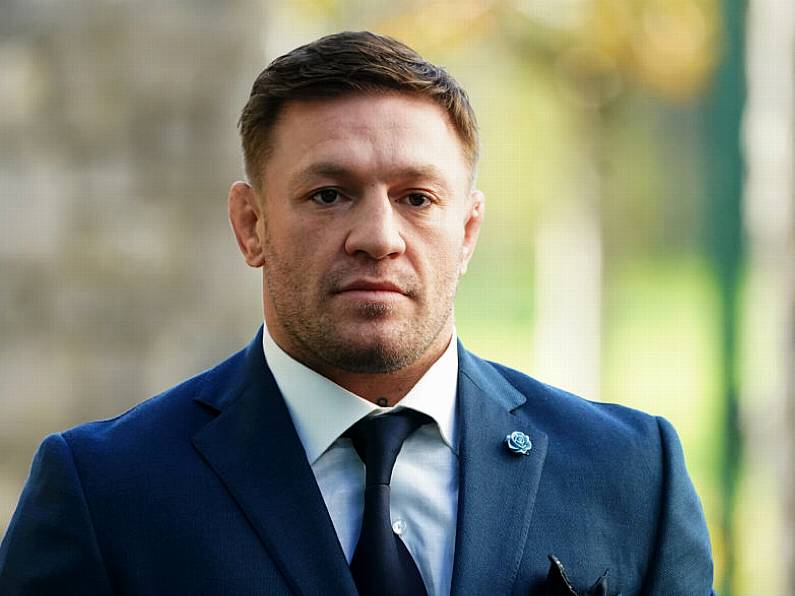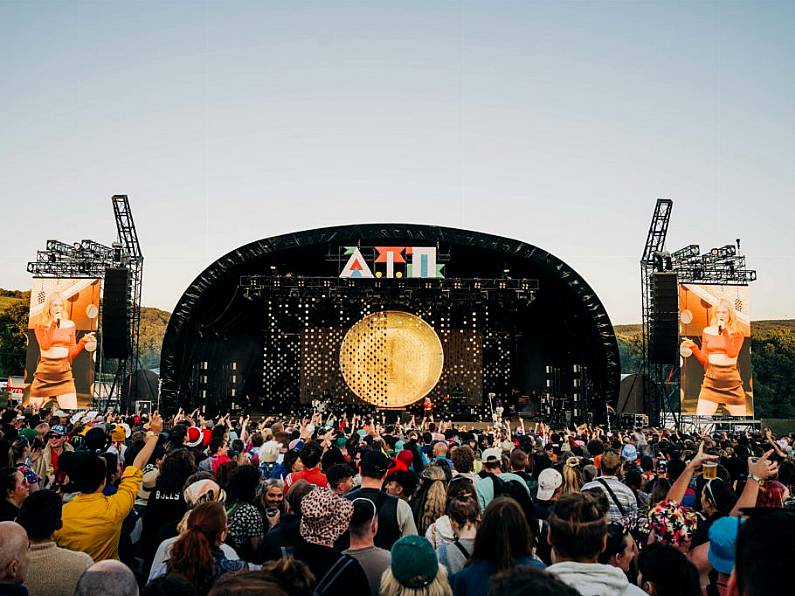The €200m-plus bill the taxpayer must pay in order to end the decade-long salary stand-off with hospital consultants could rise even further after Government did not rule out more doctors making claims against the State.
Finance Minister Paschal Donohoe (below) did not reject the potentially crippling move after announcing a new deal that will see thousands of consultants who signed contracts between 2008 and 2012 given up to €72,000 in back-dated pay hikes.

After a decade-long stand-off over the non-payment of increases agreed under hospital consultant contracts due to the impact of the recession, Mr Donohoe and Health Minister Simon Harris yesterday said a deal has finally been struck.
Under the plan,
Read More:
imposed after high court action by consultants, the Government has agreed to pay €182m in back-dated pay rises and a further €62m per year for future pay rises.
The increases are specifically limited to the 1,600 consultants who signed controversial new contracts between July 25, 2008, and September 30, 2012, after long-drawn out negotiations to force doctors to work set hours in the public service and restrict their private practice work.
This means consultants set to benefit from the deal will receive pay rises of €55,000 to €72,000 - bringing their salaries to between €180,000 and €252,000 per year.
Speaking to reporters at Government Buildings, Mr Donohoe said the deal is the "least worst option" available and stressed a failure to cut a deal could have seen the State facing a massive €700m bill.
However, despite saying the new deal will be limited to doctors who signed contracts between 2008 and 2012, Mr Donohoe did not rule out the potentially crippling possibility of consultants who joined the system after this date also seeking pay hikes.
"What will happen for consultants who signed contracts after 2012? That is a matter for them. I have been very clear in saying it [the deal] goes up to 2012, but of course we also have many other people entering since 2012.
"We have processes underway now in relation to dealing with some of the concerns they have," Mr Donohoe said.
The Finance Minister had earlier welcomed the new deal, saying it "brings to conclusion a very difficult situation that stretches back now almost a decade" and is "the least worst outcome" for the State given the €700m bill alternative.
Mr Donohoe rejected suggestions the existing €200m-plus bill will impact on frontline health services, saying the €182m back-dated cost has already been factored in and that the structure of the deal means the system will have to take account of €60m in extra costs in 2019 and 2020 to pay the new increases.
At the same press conference, Health Minister Simon Harris said the deal will include specific monitoring systems to ensure doctors are working their required public service hours despite failing to explain what this monitoring will involve, and rejected claims doctors are overpaid saying "no, I don't believe so".
At a separate event yesterday, Taoiseach Leo Varadkar said while the €200m-plus cost of the deal was difficult to accept it is "a bill unfortunately we're going to have to afford", adding it is a "fraction" of the €700m alternative.






